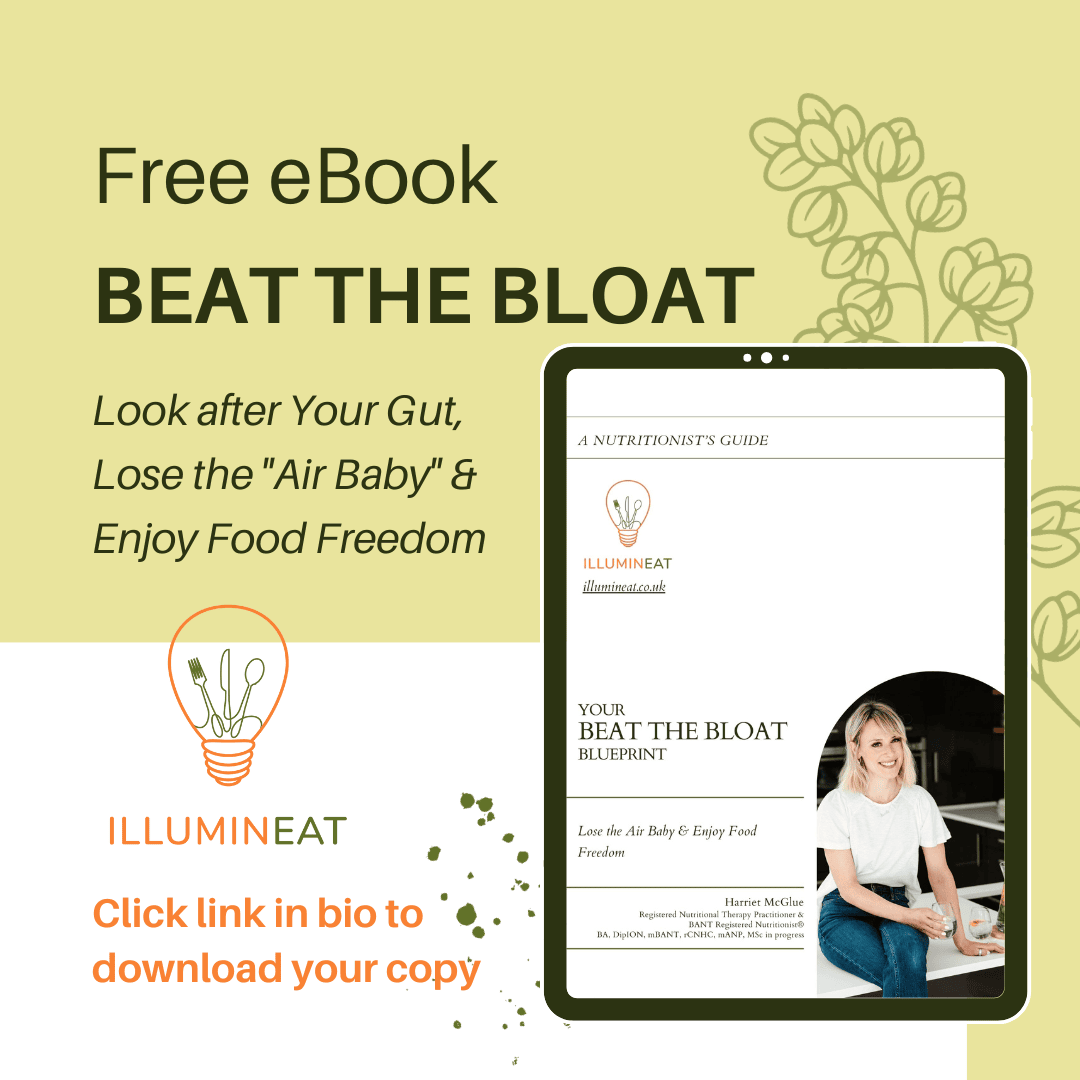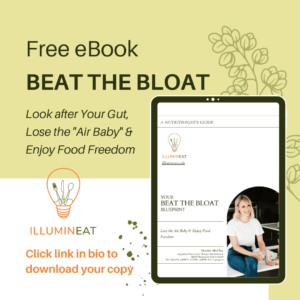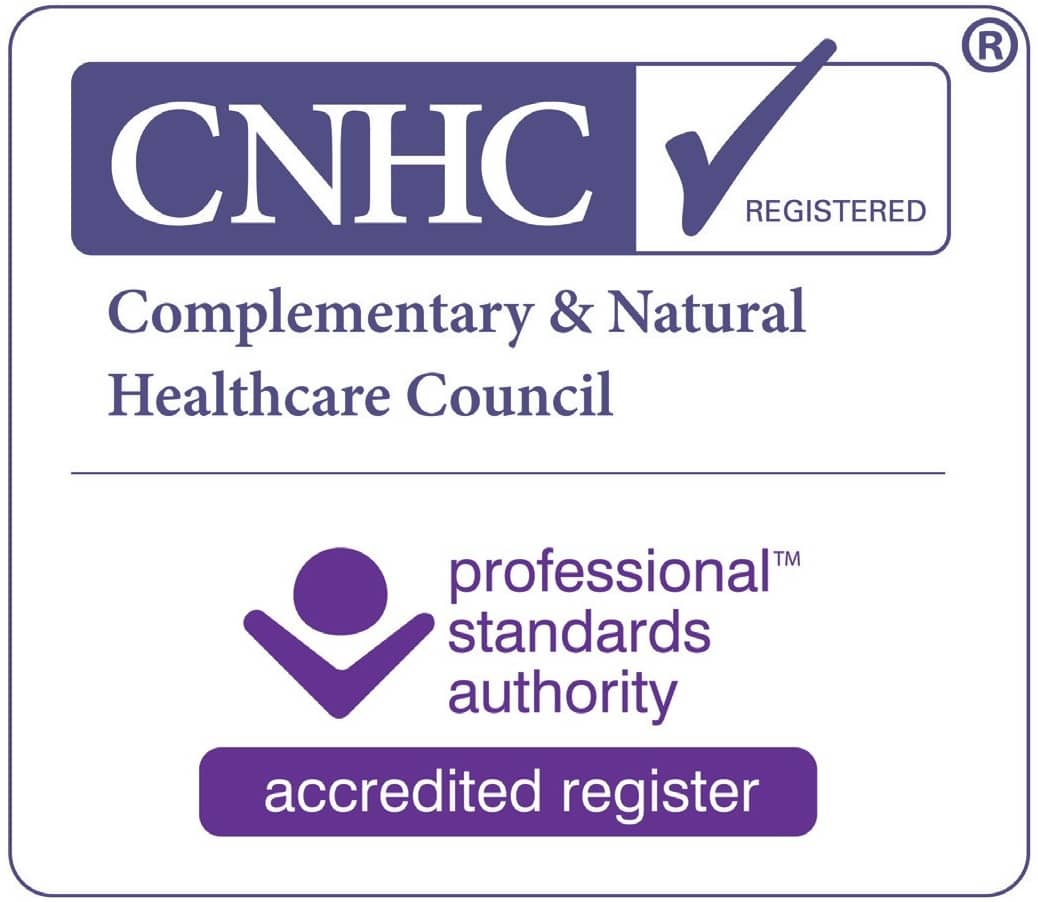
Probiotics
Are the live microorganisms or “good” bacteria naturally found in our guts, which constitute what we often hear referred to as our gut “flora” or our very own “micro-biome”. Whilst there may be in excess of 500 different species, many are species of lactobacilli and bifido bacteria – names you are probably familiar with. Together, our gut bacteria are extremely numerous, and even believed to outnumber our own body cells! These microorganisms play a vital role, not only in maintaining good digestive function and gut health, but also in supporting our overall health and wellbeing.
Scientists, nutritionists and medics are increasingly aware of the deep significance our gut bacteria have for our health because of the numerous vital functions they perform. This has led to many recommending that we supplement these probiotic bacteria in pill form, to increase or “correct” the populations of microorganisms already residing in our guts.
Not only do bacteria keep our tummies happy by promoting optimal digestion and removal of wastes (hence their widespread use in the management of IBS), they ensure we absorb the maximum number of nutrients from the food we eat; they are responsible for the production of certain key micronutrients in the gut (vitamins B12 and K); they prevent colonisation by harmful microbes or pathogens (too many of which can produce the unpleasant and painful IBS-like symptoms of bacterial overgrowth, or gastroenteritis, even leading to a “leaky gut” and increased inflammation in the body ); and they play a key role in supporting immune function (a whopping 70% of our immune system is housed in the gut).
The wrong balance of bacteria, and the impaired integrity of the gut lining and so-called “leaky gut” that can result, is thought to play a role in the pathogenesis of everything from allergies, candida infections and even chronic autoimmune and inflammatory disorders such as rheumatoid arthritis and inflammatory bowel disease (Chron’s, colitis). Overgrowth of one or more species of “bad” bacteria, or too few of the “good” guys can even impact your mental health since we now know that up to 90% of our serotonin (the happy hormone) is made in the gut! In fact, there is not one body system that will not be negatively impacted by the wrong balance of gut bacteria and the poor digestion which is the inevitable result.
Prebiotics
A type of carbohydrate – usually, but not exclusively, fibre compounds – which are not readily digested by humans, meaning they reach the colon intact. Here they are fermented by (i.e. feed) all the hungry anaerobic friendly bacteria, and help them flourish and multiply. Prebiotics include fructooligosaccharides, such as inulin, and galactooligosaccharides, which is why some IBS sufferers find them difficult to tolerate (see my post on IBS and the Low FODMAP diet for more information), but there’s no need to get bogged down with the techy lingo – what’s important to know, is where we find them!
Many people choose to supplement probiotics, either to support digestive and bowel function or for wider health issues such as atopy, inflammation or autoimmune disease. It is fair to say there are a fair few out there, and without any guidance, knowing which brand to take can be a minefield. There is one key piece of advice here, and that is to keep in mind what constitutes a healthy microbiome. The answer to that? Diversity.
The more diverse – in other words, the more different types of beneficial bacteria we have in our guts, co-habiting happily and working synergistically together – the better. Not least because the greater the variety of strains, the less likely it is that one species will be able to take over and dominate (never a good thing!). So look for a supplement with as many different strains as you can find, and check if you can that any claims the manufacturer makes on the box are backed up by evidence. One brand which has been recommended to me by a couple of different consultant gastroenterologists, and which I have personally found extremely effective, is the advanced 14-strain formula by Bio-kult. It is pricey, but 2-4 weeks on a decent dose usually sorts my gut out when things go awry. And don’t even think about taking antibiotics without also supplementing a good probiotic – but that’s a story for another day!
Whilst you can buy prebiotics as a supplement (I have heard good things about Lambert’s FOS supplement), there is no real need with such a vast array of delicious “natural” food sources available. Plant-based sources include onions, garlic, leeks, artichokes, asparagus, endive – and even bananas. From here, you could do worse than to jump on the fermented foods bandwagon! Whilst foods like sauerkraut, kimchi, miso and kefir have become all the rage over the last year or two – so much so that it would be easy to write them off as just another celebrity-inspired fad diet – this craze is one actually founded on good science and solid research. That said, a pot of live natural or Greek yoghurt (unsweetened) will do you just as much good as some of these fermented foods, and may be considerably easier to hunt down and incorporate day to day! In fact, yoghurt is excellent (check the label for live bacterial cultures) because it contains both the beneficial bacteria themselves (your probiotic) and the food the bacteria need to thrive and colonise your gut (your prebiotic): a win-win.
Here are my 7 favourite ways to incorporate pro- and prebiotics into your family’s mealtimes:
- Salmon, trout & tuna fillets are fantastic marinated in miso, with mirin, soy, garlic, ginger & sesame oil, then baked for 8 minutes at 180 degrees and served with Asian greens and rice.
- One of my all-time favourite salads is simply chopped chicory (sometimes called endive), along with watercress, orange segments & toasted walnuts in a dressing made from walnut oil and citrus juice. Great as an accompaniment to meat, fish, Halloumi etc.
- Jerusalem artichokes are fantastic pureed, pan-fried or roasted and work great with lemon, garlic and Parmesan (another probiotic!) You can generally use them where you might usually use potatoes – different, and much more nutritious!
- Kefir, or yoghurt, are wonderful ways to incorporate probiotics into your breakfast each day: Dolloped on top of porridge or granola with some lovely fresh berries, blitzed into a smoothie, or blended with frozen banana chunks and flavoured with a little cinnamon or vanilla for a very delicious “Nice Cream”. If you’re feeling fancy, kefir also makes an exquisite sorbet served with berry puree!
- Sauerkraut isn’t just for serving with sausages! The sharp flavour works
brilliantly well in a warm salad of sweet roast butternut squash, pan-fried garlic mushrooms, watercress and blue cheese, or against the buttery flesh of avocado combined with sweet, juicy tomatoes. - Asparagus I love in an Asian-style stir-fry with seafood and some other crunchy veg, flavoured with soy, garlic and ginger. A splash of Chinese rice wine and some sesame oil livens this dish up even more. If you’re short of time, though, you could use a ready-made black bean or oyster sauce. Roasted asparagus spears also make great soldiers for dippy eggs!
- In this Autumnal weather, for me nothing beats a steaming bowl of homemade leek and potato soup. Just sauté a bunch of washed, chopped leeks with an onion, a few cloves of garlic and 2 chopped potatoes in a little butter until soft, pour on a litre of good quality vegetable stock (Marigold bouillon or homemade) and simmer until very tender. Then blitz till smooth or chunky, as you like, and finish with a swirl of live yoghurt.
















